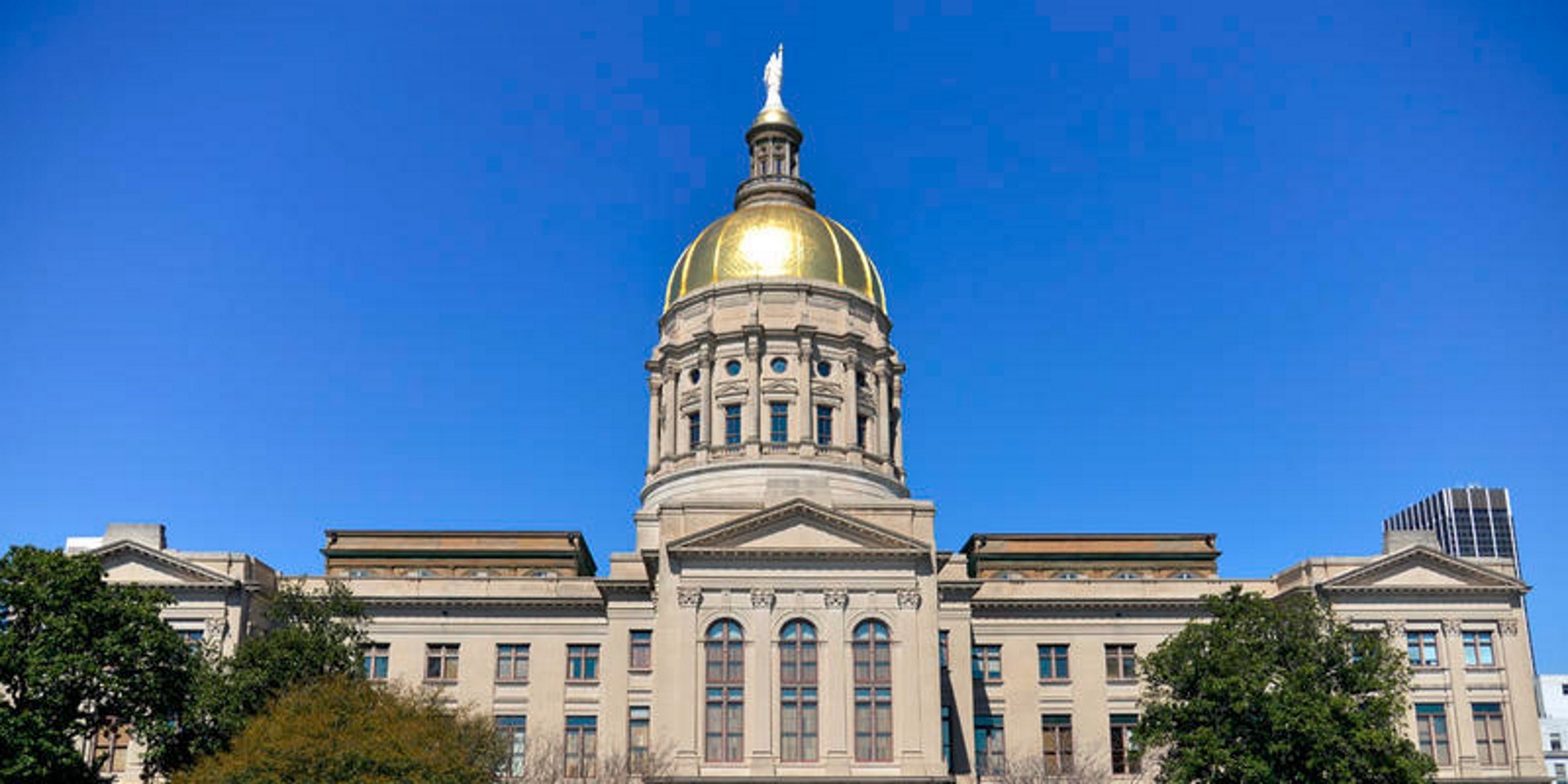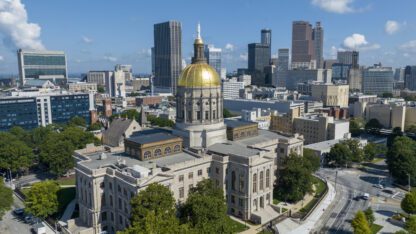A federal agency on Monday granted a license for a launchpad that would fly commercial rockets from coastal Georgia.
The Federal Aviation Administration’s approval of a launch site operator license for Spaceport Camden marks a significant milestone for the Georgia space project, though many reviews and permits are needed before any rockets can actually launch.
A Camden County leader said Monday that the project propels Georgia into the space race that’s seen civilians and celebrities flown into space in recent months.
“This once-in-a-generation opportunity will provide a new frontier of economic prosperity for Camden, the region and the state of Georgia,” Steve Howard, Camden County administrator and Spaceport Camden executive project lead, said in a statement after the FAA’s decision was announced.
“Georgia is part of the new space race, and we will become one of the leaders,” Howard added.
Even with the license, the FAA says that a more comprehensive review would be needed before any rockets can be launched.
Camden County has spent nearly 10 years and $10 million on the project. Opponents have gone to court to try to block the county from purchasing land for the spaceport and that litigation is ongoing.
About 3,800 people have signed a petition calling for a referendum that would let voters decide whether the county can buy the property.
While those organizing the petition are optimistic that a countywide vote would kill the spaceport deal, County Commission Chair Gary Blount said there have been several commission elections in the near decade the project has been in the works.
“If there was such a groundswell of opposition, somebody would have been thrown out,” he said.
The National Park Service and its parent agency, the U.S. Department of the Interior, also have expressed concerns.
In a July 22 letter to the FAA, the Interior Department said a chance of rockets exploding — with fiery debris raining down on wilderness land on Cumberland Island — creates an “unacceptable risk.” Cumberland Island, with its wild horses and nesting sea turtles, is a popular tourist area off the Georgia coast.
Blount acknowledged that interest in Spaceport Camden among commercial space companies has cooled as the FAA’s review process stretched on. But he said the county can now be more “aggressive” going after the industry with the operator license in hand.
“We will now start to me the most important phase of all this, and that is setting up the spaceport, and who’s gonna be utilizing it and what industry we’re bringing in and negotiating all those deals,” Blount said.
Critics of the spaceport doubt such deals will actually materialize.
“No legitimate aerospace businesses ever expressed any interest in coming into Camden County,” said Jim Renner, a Little Cumberland Island property owner and opponent of the spaceport. “In fact, the opposite is true.”
Renner pointed to a September article in The Verge, in which Rocket Lab’s CEO said his company would not launch over populated areas, which Spaceport Camden’s flightpath calls for. Rocket Lab is the only company to successfully launch into orbit a rocket of the size Spaceport Camden is licensed for.
The county has said its negotiations with commercial space companies are confidential and subject to non-disclosure agreements. But, Blount said, “we’re already getting calls” now that the license has been approved.
The hope, for Blount and other spaceport backers, goes far beyond a launchpad for rockets in the rural coastal county far from Georgia’s main population centers.
“To launch the rockets, that’s just the carrot that attracts the attention,” he said. “What we want is the people that are behind all that, and we want the industry that’s behind that. We want a space complex. We want a space industrial complex out there.”








